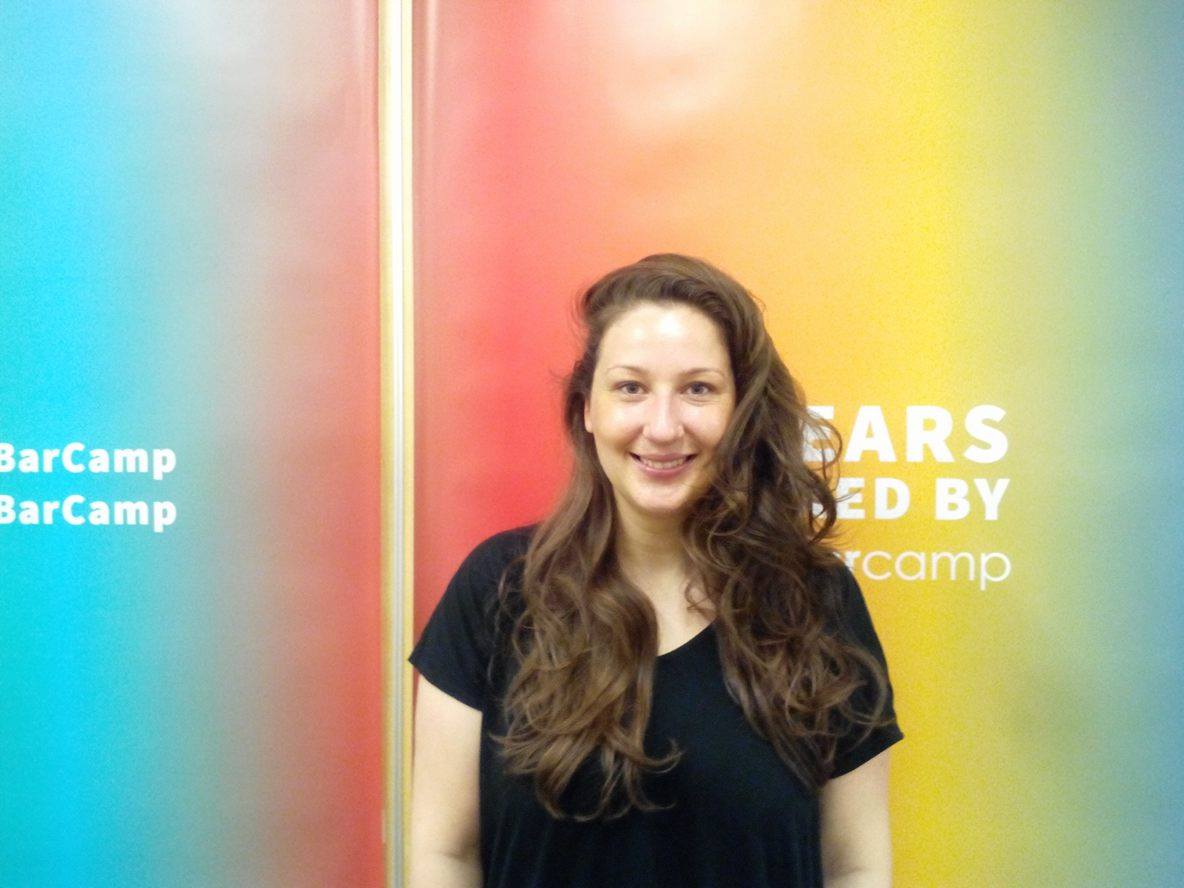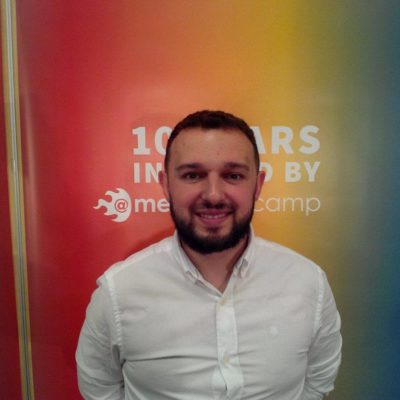by Anna Romandash
It’s been ten years since Lithuania is hosting MediaBarCamp, an international gathering of activists from Belarus and neighboring states. A four-day event takes place in different cities across the country and allows the participants to network and learn from other initiatives.
The camp focuses on online and offline tools that can be applied in different communities. It gathers up to 150 participants each year and creates a free space for activists from many repressed countries. They get a chance to discuss their own projects, which challenge political regimes and aim to improve or democratize local communities.
“The idea behind MediaBarCamp is to invite people from different sectors so they can work together in a safe space,” says Vilija Navickaite, Program Officer at the Swedish International Liberal Centre and one of MBC organizers. Although the event is international, majority of the participants comes from Belarus with smaller amounts of people from Ukraine, Russia, Azerbaijan, and other countries. “We try to encourage Belarusians not to live in a bubble, but also use the experience of activists from other regions where situation may be similar,” Navickaite adds.
- Vilija Navickaite
Most participants come from countries with limits of the right to assembly, and where the activists cannot openly discuss political or economic issues. “We would love to organize such events in Belarus, but due to current regime, it is impossible,” says Nils Dahlqvist of the MBC organizing team. Instead, the organizers chose Lithuania due to its close proximity to Belarus.
“There is a huge alumni community and many cases when people who have met here created common projects in their countries,” says Navickaite, “MBC worked as a trigger for them to do something together.” The project launched a series of initiatives like the collaboration between activists and artists in Russia, who started an exhibition on oppressed culture in Belarus, or online security classes on digital safety.
“We had activists from Belarus, who created bicycle initiative “Green Gomel” to promote more environmental-friendly activities in their city,” says Indre Bulavaite-Andrejeve, Head of Vilnius office of Swedish International Liberal Centre and one of the event organizers, “Another group launched “Women IT School” to involve more women in the sector”. The participants can also apply for small grants to carry out their local projects.
“I liked the event first of all thanks to the participants; they are activists from different media spheres, and each was sharing their personal experiences and views on topical challenges,” says Piotr Markielau, one of the attendees from Belarus. “I liked the format of anti-conference, where each person was actively involved in the organization of the entire bar camp because it made the event dynamic and diverse,” he adds.
MediaBarCamp has involved over 1,000 people across post-Soviet space and aims to tackle some of the most pressing issues in the area such as freedom of expression, digital activism, and international cooperation. The event follows an anti-conference format, where participants can suggest their own discussion topics, come up with presentations, and gather in groups based on their interests and common goals.








